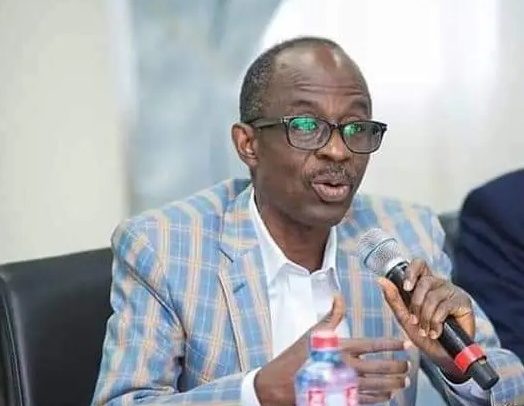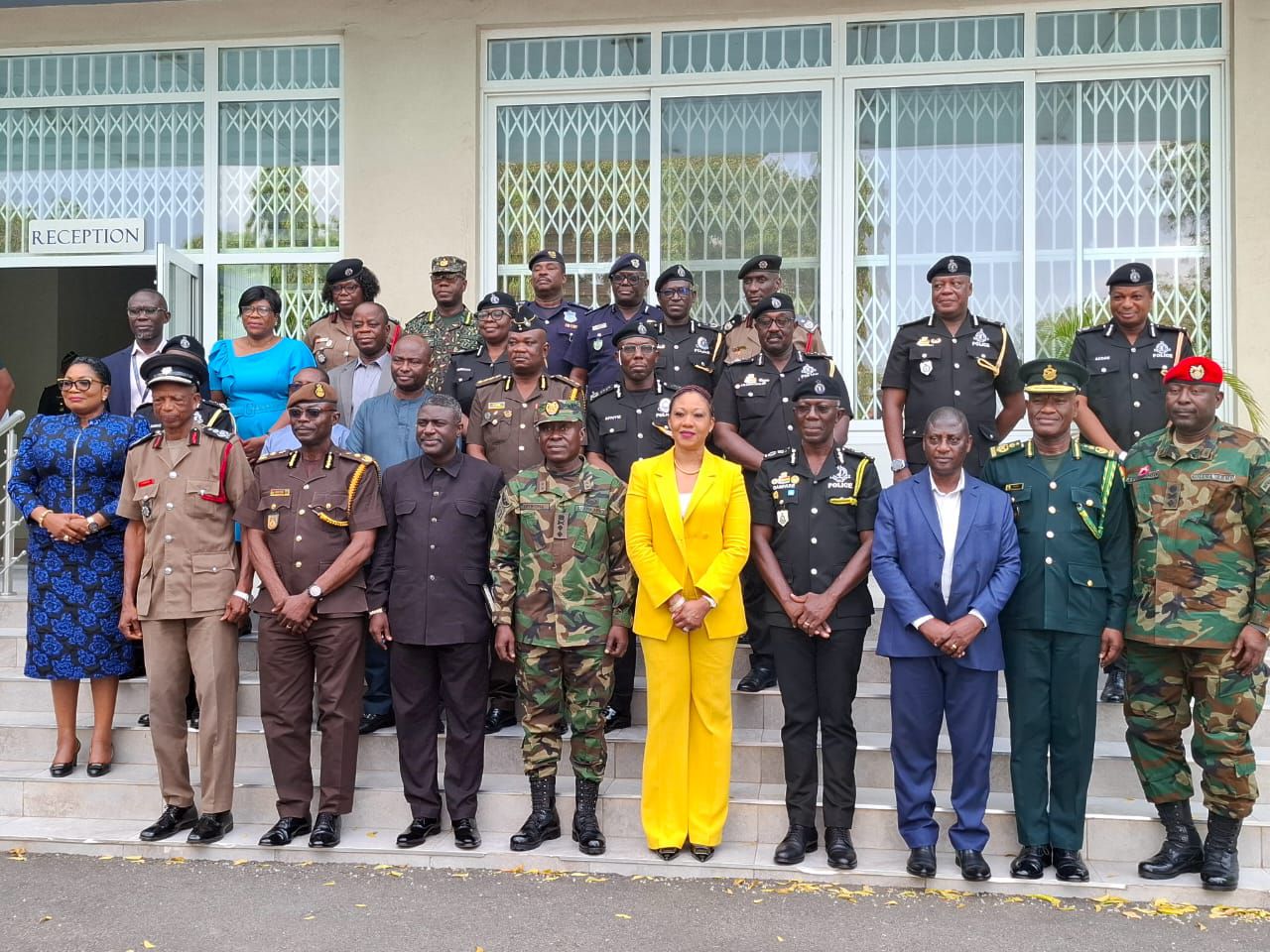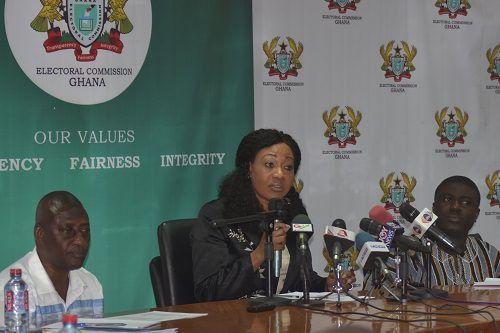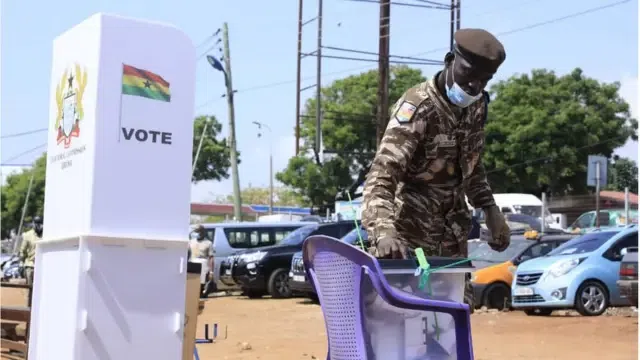
A founding member of the New Patriotic Party (NPP), Dr. Arthur Kennedy has said the Supreme Court in Ghana appears not to have the confidence of the political actors because it appears too partisan.
His reactions come after the Supreme Court ruling that deputy Speakers of Parliament can vote on motions while presiding.
Supreme Court rules
The Supreme Court ruled that Deputy Speakers can also count themselves as part of the quorum in determining attendance.
The panel chaired by Justice Jones Dotse said the approval of the budget was valid when deputy Speaker Joe Osei-Owusu voted while he was presiding over affairs in the chamber.
The Supreme Court struck out the standing order 109 (3) which says a Deputy Speaker or any other member presiding shall not retain his original vote while presiding.
It furthered that the Deputy Speaker can be counted during the quorum for decision making according to article 104 (1).
Dr. Arthur Kennedy reacts
But Dr. Arthur Kennedy expressed shock at the ruling and said Like David downing Goliath, the proposed e-levy continues to damage us and our institutions.

In a statement, he said Last week, a seven-member panel of the Supreme Court ruled UNANIMOUSLY, that the Deputy Speaker of Parliament could preside over a debate and vote at the same time. The decision was reasonable but the unanimity was surprising. I believe reasonable, well-informed people could disagree on the ruling– as indeed Professors Kwasi Prempeh and Kwaku Asare did.
He said: As an eminent jurist once opined, “We are not final because we are infallible– we are infallible because we are final”. Even more surprising, in my view, were the comments of our leaders.
The President, Nana Akufo-Addo stated that ‘those criticizing the court and describing its decision as an interference in the work of Parliament had actually not taken the time to read the constitution of our country. It says so in black and white'.
Really, Mr. President? It is, of course possible–as occurs frequently even on internationally respected courts, for eminent justices who are thoroughly familiar with a case, to disagree on the meaning of the law and the remedies. The President could have chosen his words more carefully.
Responding to the President, Speaker Bagbin described the President’s comments as 'unfortunate and myopic'. He went on to describe the SC decision as 'not only an absurdity but a reckless hearsay into the remit of Parliament'. While he was onto something regarding 'the trend of unanimity', his aforementioned comments were inappropriate and needlessly worsened a bad situation.
Then, President Mahama weighed in to bemoan the SC decision as an unfortunate interpretation for convenience that sets a dangerous precedence of judicial interference in Parliamentary procedure for the future. Those are very loaded words.
We must look at this particular SC ruling and the attendant tension as a seminal moment.
We have a Supreme Court that appears not to have the confidence of our political actors because it appears too partisan. This trend of unanimity that the Speaker flagged and the perception of interference that President Mahama brings up must stir all who care about our democracy and the independence of our judiciary. Some day, the shoe will be on the other foot.
It is ironic that despite killing a few judges, even the Rawlings’ Supreme Courts were seen as more devoid of partisanship than recent ones. That should trouble us all. The court must apply, in addition to the ‘Political questions doctrine’, an even more important doctrine–THE COMMONSENSE DOCTRINE! And we must help the court regain our confidence by capping its number and making it more transparent.
As for Parliament, if it wants other institutions and the public to respect it, it must respect itself, be united and effective while guarding its prerogatives jealously. A Parliament that struggles for a quorum has ghost attendance and is filled with members who routinely put party ahead of Parliament can never be the respected institution the constitution meant it to be.
While these issues are going on, the Peace Council and other institutions are as quiet as a cemetery. But mark my words, they will be loud when it is too late. The time to urge compromise and civility is now.
Next, it is time for the NPP to accept that it lost the Parliamentary majority in 2020. It needs to seek compromise to get its programs through and understand that it cannot turn all its bills into law. The NDC must realize that it failed to elect a President in 2020. It must therefore look to compromise where possible. The key things where we are are compromise and courtesy.
Finally, our leaders, particularly, the Presidents, must respectfully mind their language. We look up to them.
Read Full Story






















Facebook
Twitter
Pinterest
Instagram
Google+
YouTube
LinkedIn
RSS